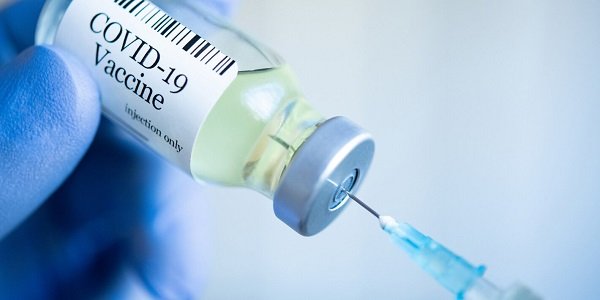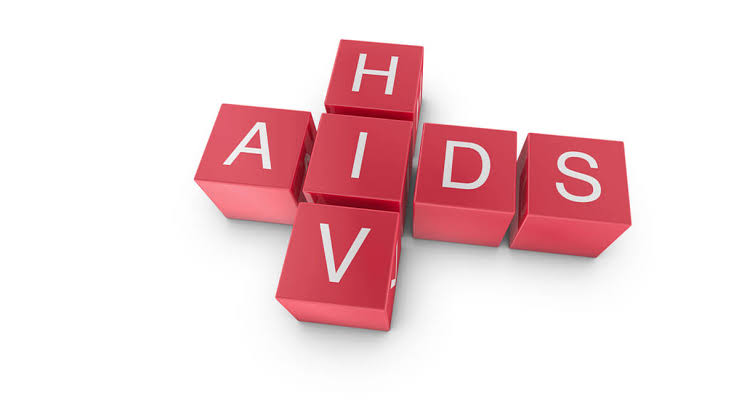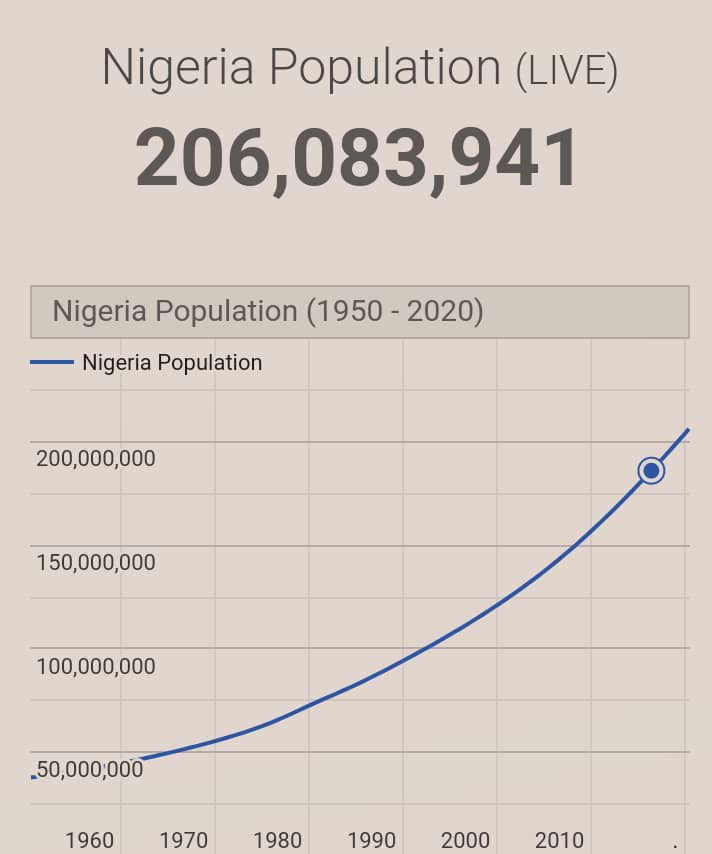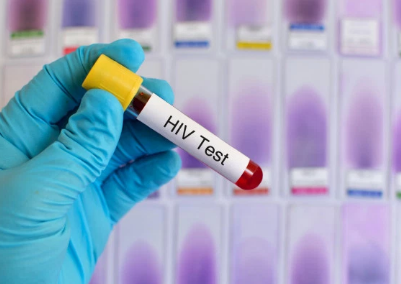A latest study by the National Agency for the Control of AIDS (NACA) has shown that never married men and women contributed the largest number of new HIV infections in the country.
The study also showed that never married women contributed more to be HIV infections than men.
While never married individuals, according to the study, contributed to 64 per cent of new HIV infections, but together with new infections among female sex workers (FSW) and men who have sex with men (MSM), they make up 91 per cent of all new infections among adults.
Furthermore, the study showed that child infections due to mother-to-child transmission represent the second largest source of new infections, accounting for 22 per cent of all new infections.
Also, key populations, which represent less than 2 per cent of the total population, accounted for about 11 per cent of new infections.
NACA’s Director General, Dr. Gambo Aliyu, who said these at a media briefing yesterday in Abuja, explained that the study has given the country a new direction on innovative ways to focus its attention and utilise resources to make sure that HIV transmission is curtailed in a year or two.
The director general decried the lack of interest among the younger population to engage and connect with extant HIV prevention services.
“The younger generation who are never married are not using prevention. They don’t listen or want to have anything to do with HIV services. If we can reach them and connect them, we can come closer to reducing the pandemic. The younger people living with the virus need to be reached with services to curtail transmission among them and newborn.
“To reduce child infections due to mother-to-child transmission, we must go beyond the hospital and go to the communities to deliver services. We are working at hospitals and community level. They now have more access. Expectant mothers who don’t go for antenatal service are now reached at the comfort of their homes,” he said.
Aliyu added: “NACA, in collaboration with development partners, has been working tirelessly in coming up with strategies to halt the spread of the HIV and sustain the epidemic.
“To this end, the Mode of Transmission Study (MOT), which focuses on identifying the sources of new HIV infections in the country and was first conducted in 2009, was recently repeated, using an updated model known as the Incidence Pattern Model (IPM).
“The never married population is the largest source of new infections and is mostly between the ages of 17 to 34 for females and 19 to 31 for men. Special efforts are needed to be made to reach this population in schools, workplaces, gathering spots and through the social media.
“There are new infections through newborns due to low coverage of prevention of mother-to-child transmission (PMTCT). Efforts will be targeted at encouraging women to attend Antenatal Care (ANC), especially in high prevalence states.”
“There should be increased efforts, especially for the highest risk FSW and MSM, which have shown that even though the population is small, prevalence remains high among sex workers and MSM, despite the high levels of reported condom use.
“Even though there is a law against MSM in Nigeria, the law does not deny them access to services or restrain us from delivering service to them. They can assess our HIV services across the country,” he added.












![Exclusive: [Video]Those who wish me Covid-19, will have HIV](https://thenewsguru.ng/wp-content/uploads/2017/06/Yahaya-Bello-Explains-1.png)